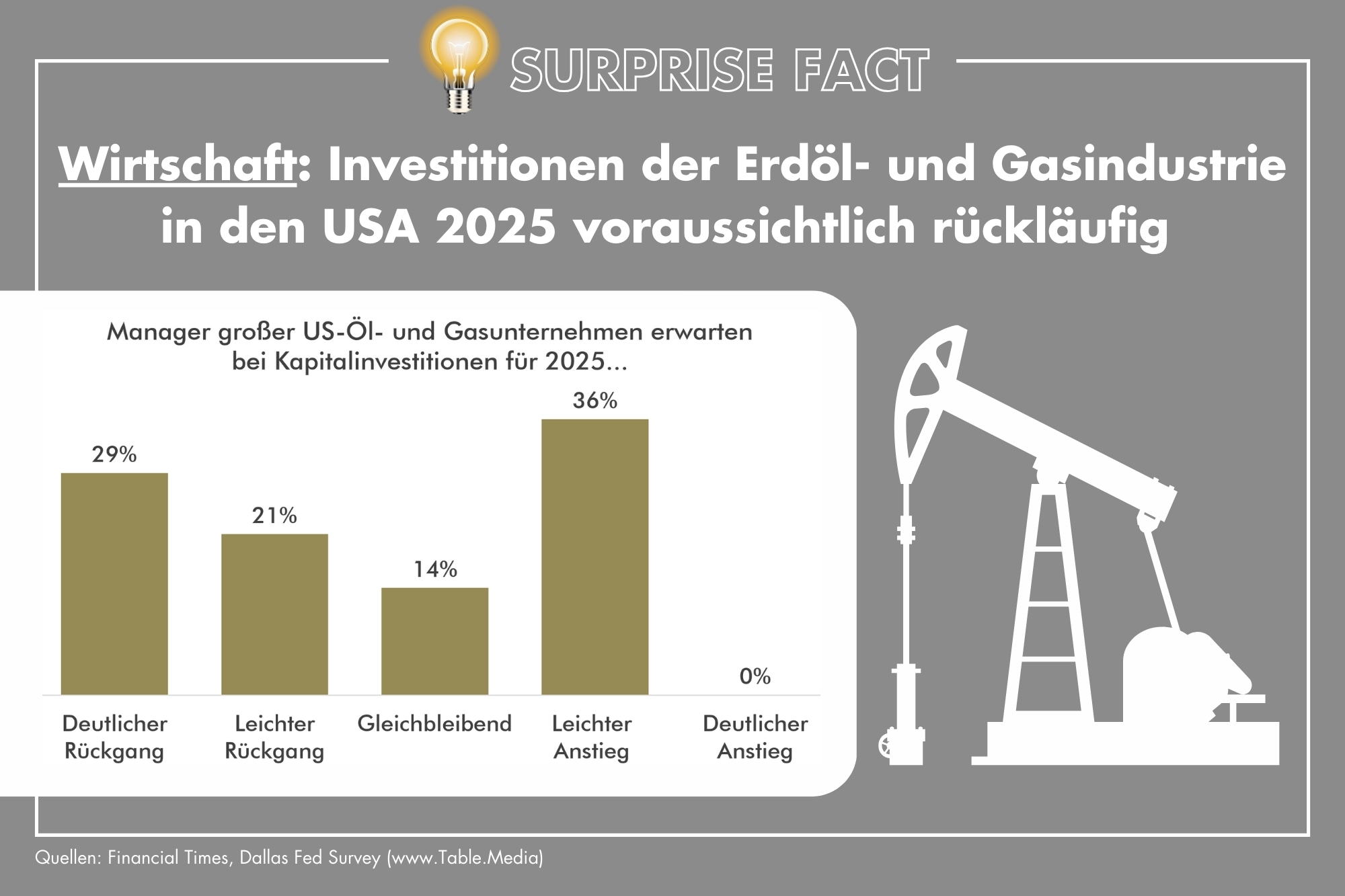In economical challenging times SMEs, due to their high adaptability and resistance to externally induced crises, have an important function for the regional economic. To reflect this importance for the region of Upper Austria, ACADEMIA SUPERIOR and the Economic Chamber of Upper Austria, in cooperation with the Economic Department of Upper Austria and the Austrian Federal Ministry for Economic Affairs, Science and Research, have developed a strategy for SMEs and family owned businesses in Upper Austria.
The „Upper Austrian Strategy for SMEs and family 2030” and its central eight action areas were presented on November 14th in Linz. During this event, the futurist Anne Lise Kjaer talked about the challenges of tomorrow’s economy and how SMEs should respond to them.
In a fast moving, complex and connective world, businesses need to keep up with data analysis and pattern spotting to identify future opportunities.
As central trends, on which SMEs have to respond if they want to remain successful, Kjaer enumerated eight:
RADICAL OPENNESS — Reputation is your most valuable currency as SME. CEOs should communicate clearly and with total transparency to build up trust.
DIGITAL TRANSFORMATION — The digital transformation is not a destination, but a process where technology must be seen as an enabler for building trust and a key to high performance.
THE SMART SOCIETY — New smart technologies will drive a better future, inviting people and businesses to collaborate for mutual benefits. The Internet of Things and our increasing connectivity will generate a global brain.
GLOBAL CITIZENS — Hypermobility and a rally for the best talents will shape the future of workforce. Talent is the most critical factor to innovation and business growth. Multiculturalism will be the key for businesses and regions to attract the highest talents.
BETAPRENEURSHIP — More entrepreneurship will be the key for the welfare states to generate jobs, innovations and competitiveness. This leads to disruptive innovations and creative communities.
GREEN GROWTH — The circular economy and the sharing economy will gain importance in the future to make the most out of our resources. At the same time our attitudes are shifting towards acces over ownership.
DIVERSITY CULTURE — A culture of diversity will create an environment which enables lifelong learning and lead to inclusive Organisations. In this process empathic leadership inspires collaboration and innovation. This also requires a flexible labour market, where ‘fit seniors’ work as much or little as they want to top their own pensions.
SOCIAL CAPITAL — Since the term „quality of Life” will be increasingly redefined, our classical way of measuring success will be challenged. Mindful leaders try to make business for people and tell authentic stories.
Kjaer’s new book „The Trend Management Toolkit A Practical Guide to the Future” has recently been published. In this book she explains how you can create your own map of relevant future-trends and find the right answers to the challenges of tomorrow with your own toolkit.




